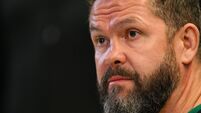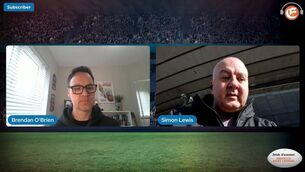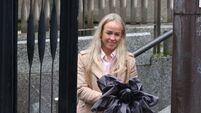COMING HOME
Connacht’s signings spoke to Edward Newman
IT made great copy and read like a fairytale — Lawrence Dallaglio urging Wasps coach Warren Gatland to sign “that itch on the field” Johnny O’Connor after a pre-season friendly against Connacht in 2003.















